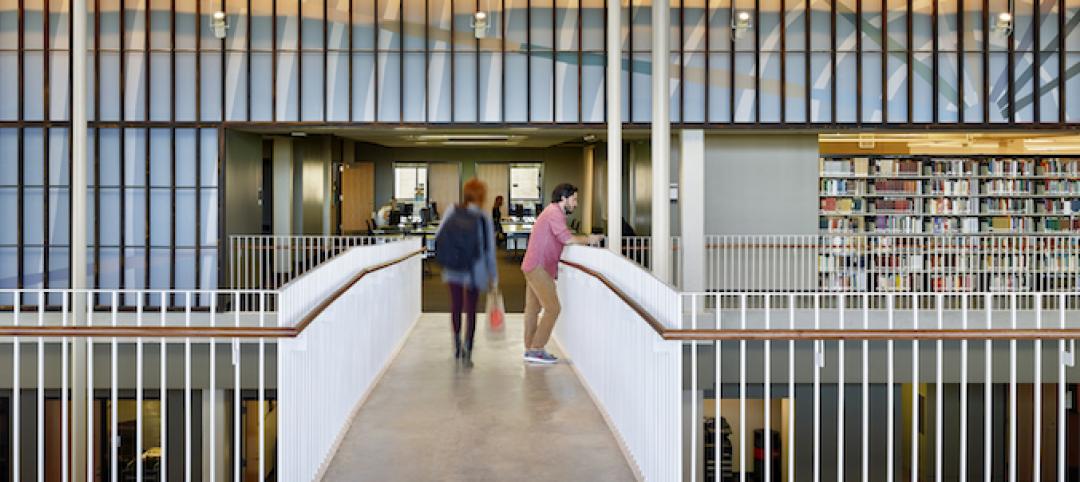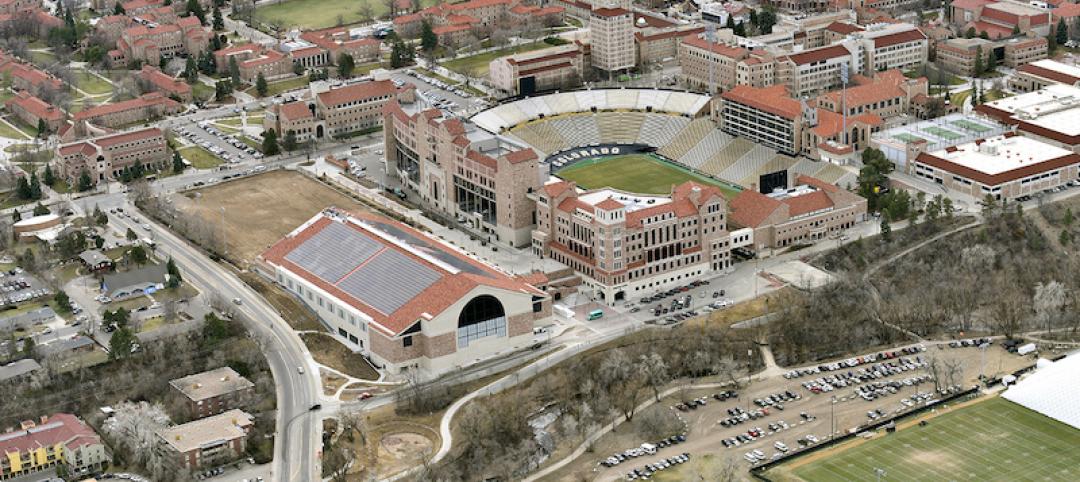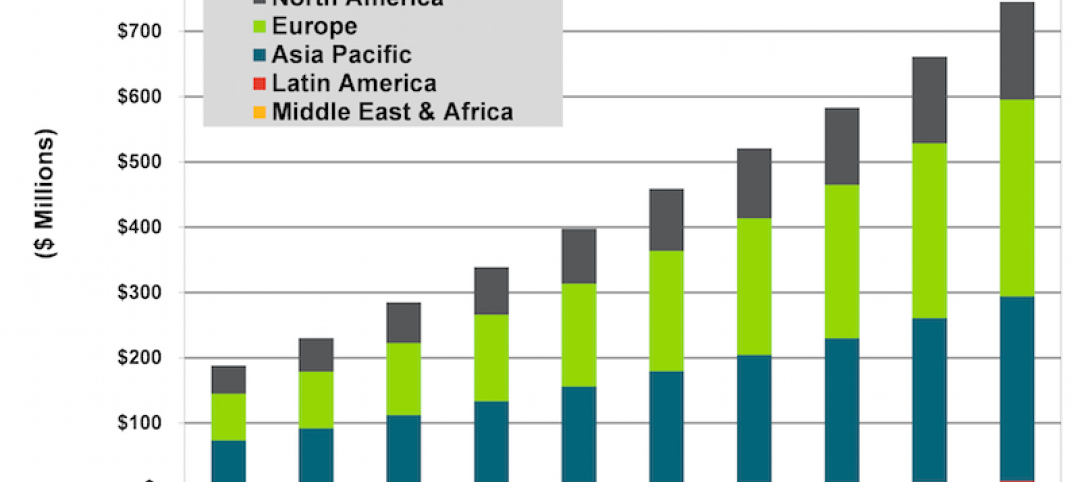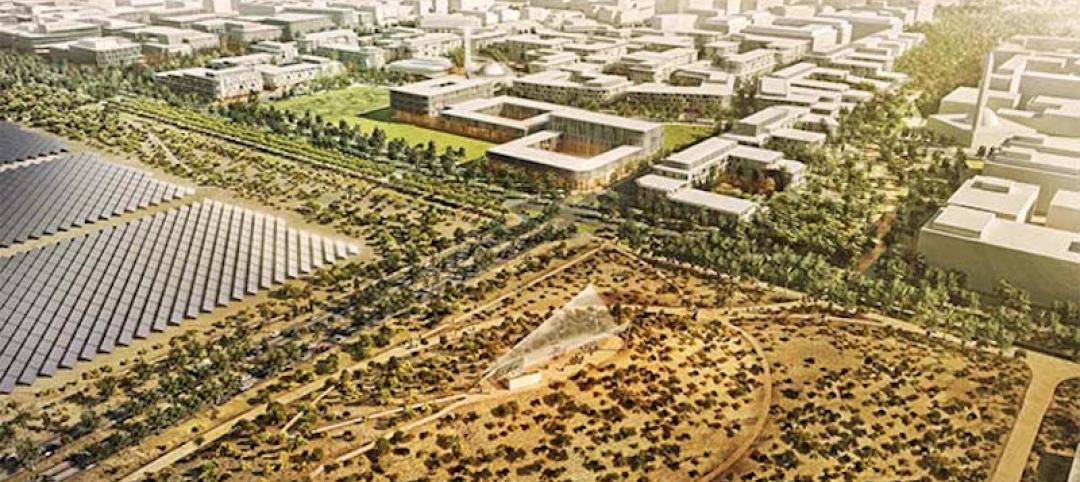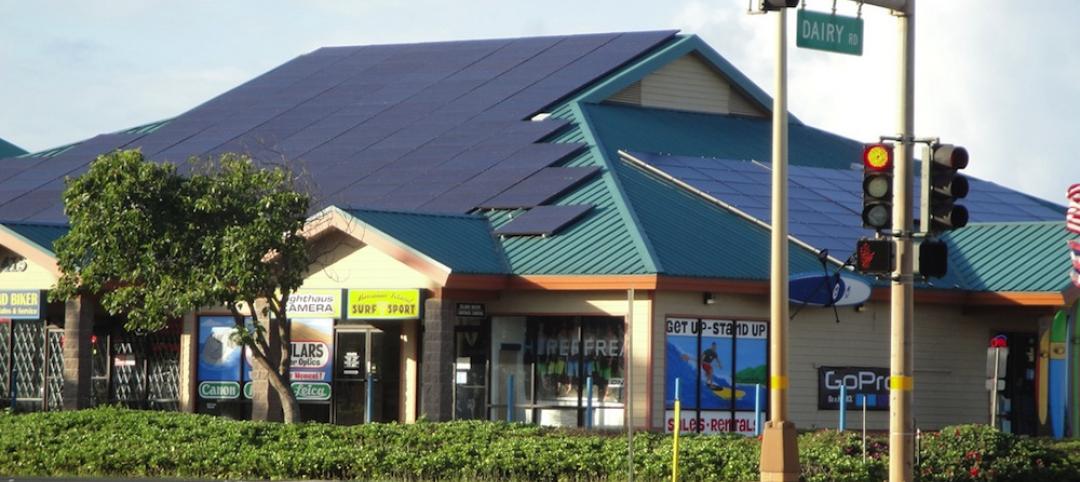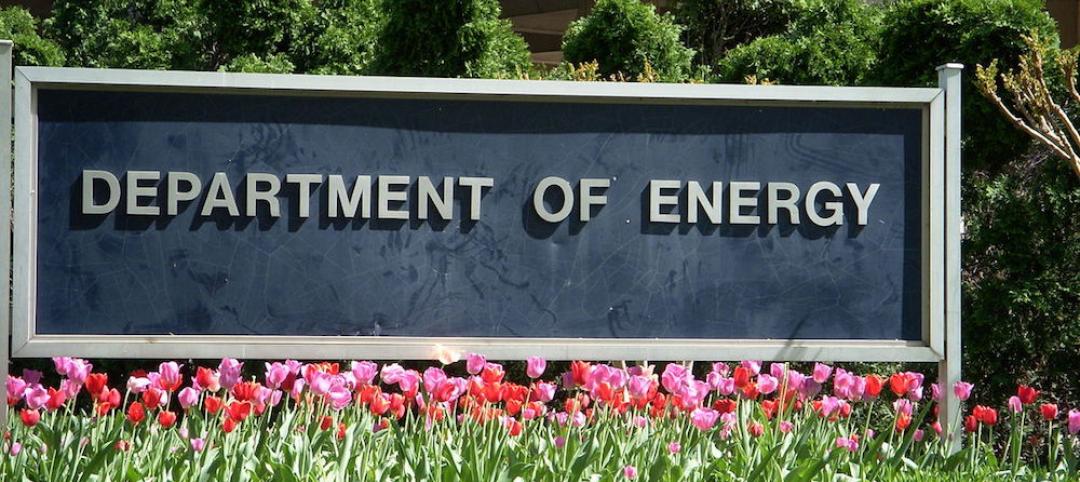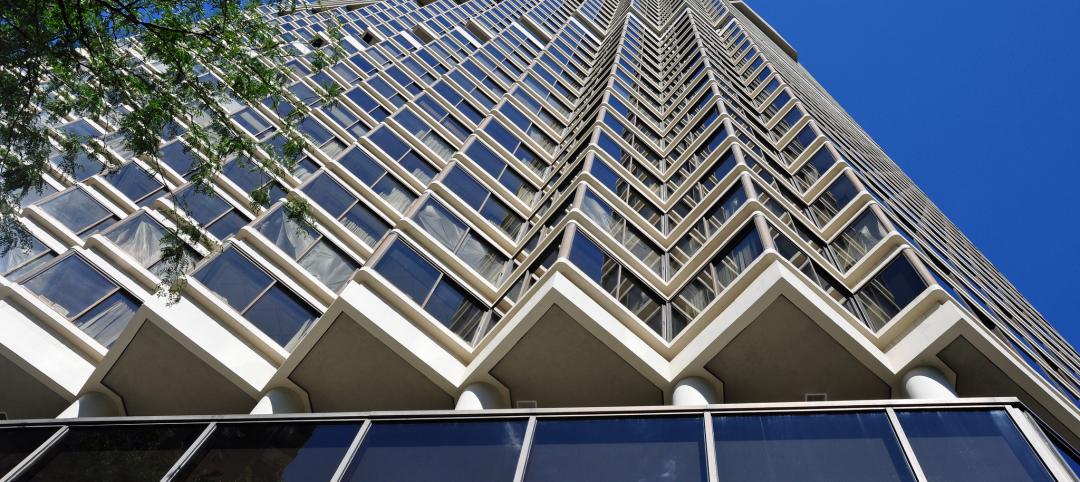Recent research papers from economists that have questioned costs and benefits of energy efficiency programs and policies have been flawed, says Steve Nadel, executive director of the American Council for an Energy-Efficient Economy.
Instead of “continuing a tit-for-tat debate,” Nadel says economists and energy efficiency practitioners could find ways to better work together to devise higher quality studies. “First, we admit that not all energy efficiency programs are stellar,” Nadel says. “It’s critical to have good evaluation to help tell what is working well and what needs improving.”
“There is a tendency, in both the economics and energy efficiency communities, to work from established paradigms and work with colleagues who share similar views,” he continues. “When the two communities meet, they often talk past each other. There is a need for both sides to better understand where the other side is coming from, and to explore opportunities to find a middle ground.”
Nadel cited recent studies that looked at only costs but not benefits, included extra costs unrelated to energy efficiency (e.g. home repair costs), left out important costs such as changes in maintenance costs, or are based on a simple cost-benefit framework without considering other goals that the programs might have. “Likewise, each program is different and one problematic program should not cast doubt on all of the others,” Nadel says.
Related Stories
Green | Apr 27, 2016
Top 10 green building projects for 2016
The Exploratorium at Pier 15 in San Francisco and the West Branch of the Berkeley Public Library are two of the projects recognized by AIA COTE as the top green buildings of 2016.
Sports and Recreational Facilities | Apr 17, 2016
An expanded and renovated complex brings together U. of Colorado’s sports programs
This two-year project enhances the experiences of athletes and fans alike.
Building Technology | Apr 11, 2016
A nascent commercial wireless sensor market is poised to ascend in the next decade
Europe and Asia will propel that growth, according to a new report from Navigant.
Multifamily Housing | Mar 10, 2016
Access and energy control app clicks with student housing developers and managers
Ease of installation is one of StratIS’s selling features.
BIM and Information Technology | Mar 2, 2016
Thanks to MIT researchers, Boston now has its very own citywide building energy model
The most detailed model ever for a city this size will help Boston meet its long-term energy use goals.
Green | Feb 18, 2016
Best laid plans: Masdar City’s dreams of being the first net-zero city may have disappeared
The $22 billion experiment, to this point, has produced less than stellar results.
Green | Feb 1, 2016
Supreme Court ruling on demand response expected to benefit smart grid
Ruling allows PV owners and other small energy generators to continue to be paid wholesale rates for power they generate.
Codes and Standards | Jan 22, 2016
State Savings Calculator analyzes savings associated with energy codes
The calculator breaks down the cost-effectiveness of energy codes on a state-by-state basis.
Green | Nov 17, 2015
DOE launches new data collaborative to help cities and states boost building efficiency
The SEED Standard will help manage, standardize, share performance data.
Energy Efficiency | Nov 16, 2015
Amazon will heat its new Seattle campus with waste heat from next-door data centers
Up to 4 million kilowatt-hours of energy will be saved each year.



